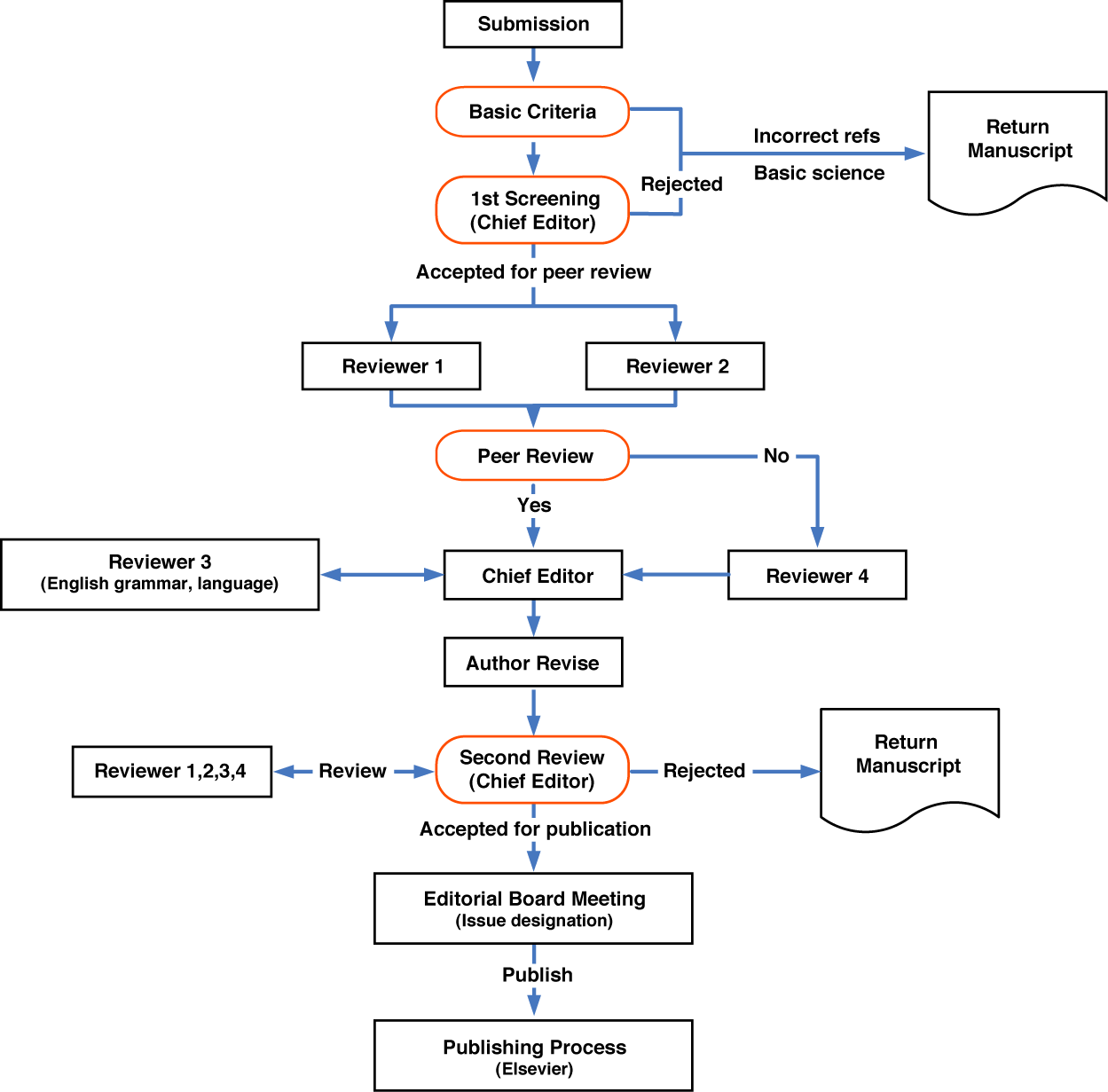It is a very important and crucial decision, to choose the right journal for your research paper. To begin with, you must pick a journal on the basis of, how nicely your research fits into its broader theme. This isn’t a very difficult task because as a researcher, after having read many papers and explored literature, you will have a fairly good idea about which journal would be the most appropriate and willing to punish your research.
Some fundamental information about the journal can be explored from its website itself and you can be sure that approaching the journal or pursuing it for publication won’t be a waste of effort. However, if you have a couple of journals to shortlist from, the. below mentioned criterion can be of good help:
Positioning in your field of study: The top tier in your field of study may have more than one journal. These would of course be the best known ones and most sought after by scholars in all disciplines. Keeping an eye on the top tier journals is a good idea and you can get more information about them by enquiring from the seasoned faculty in your university who belong to your discipline. Few universities do the task easier for the scholars by already having a ranked list of journals ready for them.
Rate of Acceptance: Journals that have a low rate of acceptance are ideally more competitive and should be targeted for publication of worthy research. However, one should be practical and realistic here and not waste a lot of time eyeing journals that have a very ambitious criterion for selection.
Citation Ranking: This is easy to check through the internet you can check the number of times the publications of that journal have been used by other researchers. More the citations, greater the reputation in the field of study so always look for a journal that’s higher citation ranking as it will increase the possibility of your research also to get noticed.
Indexing of the journal: These days you will find many electronic databases that index journals and if your shortlisted journal is indexed in reputed databases, it is a feather in its cap for its reputation and accessibility as your research would be readily available to other researchers for citations and your primary objective of popularising your research would be fulfilled.
